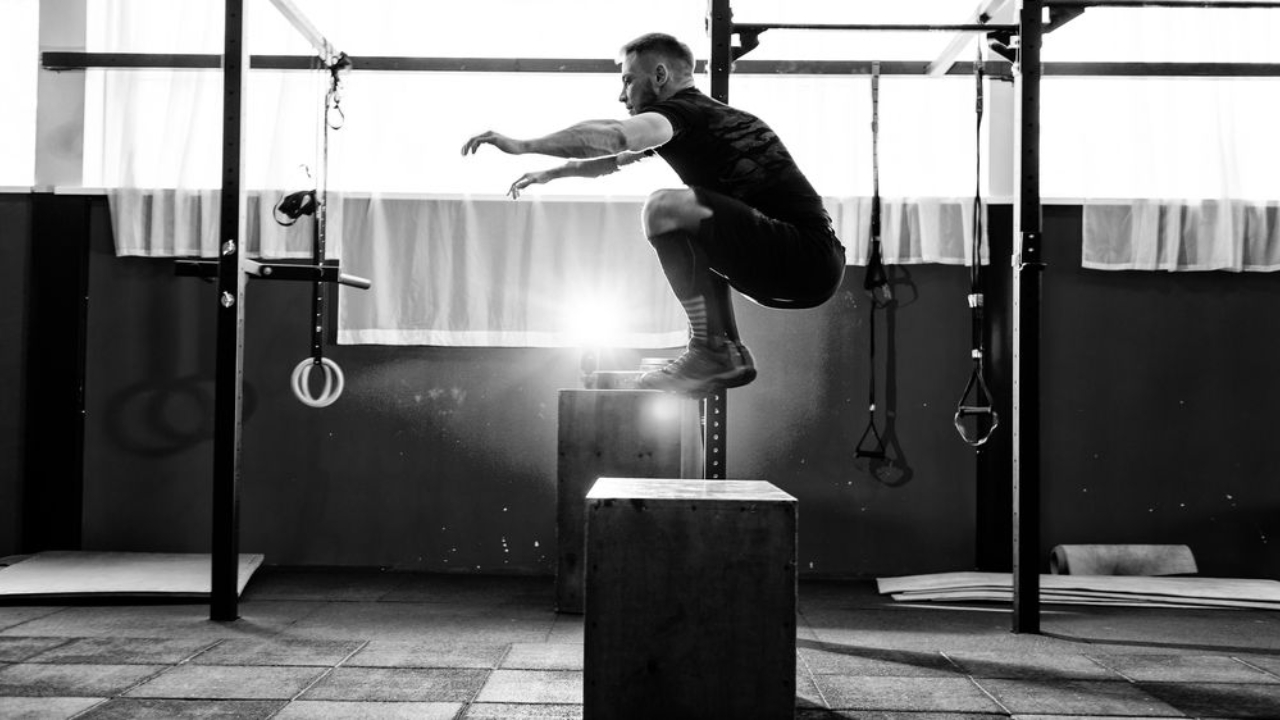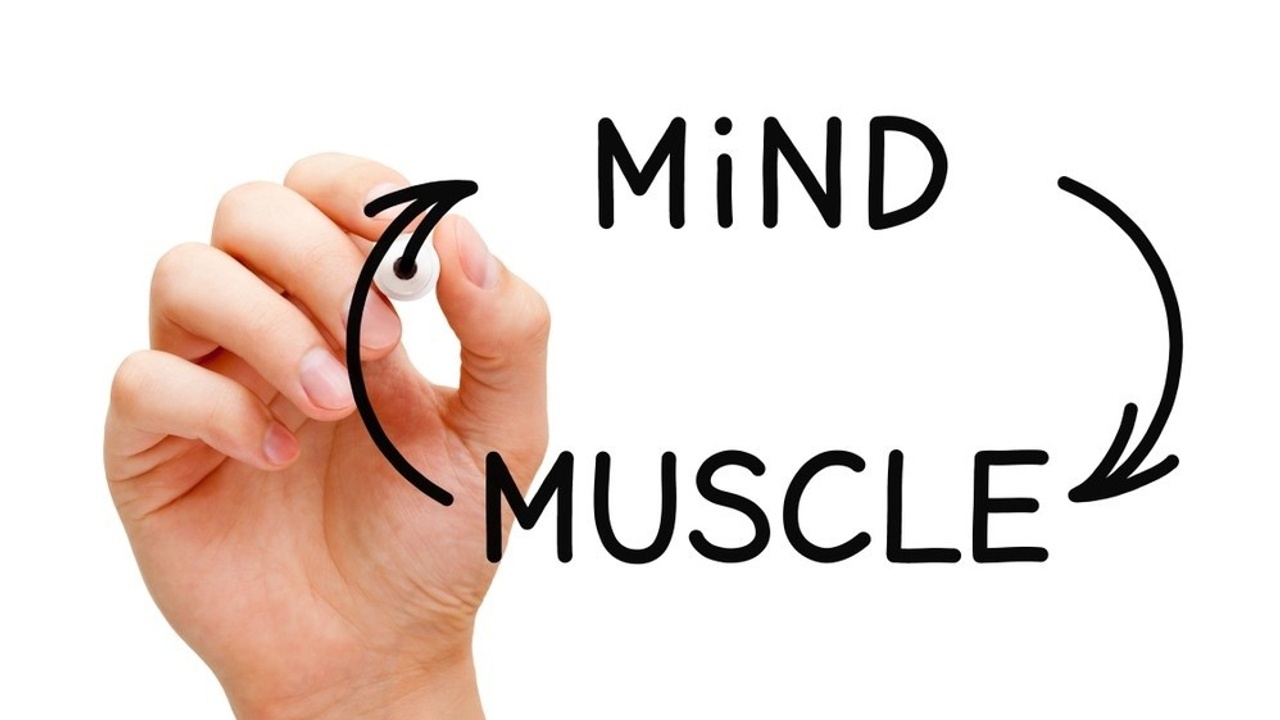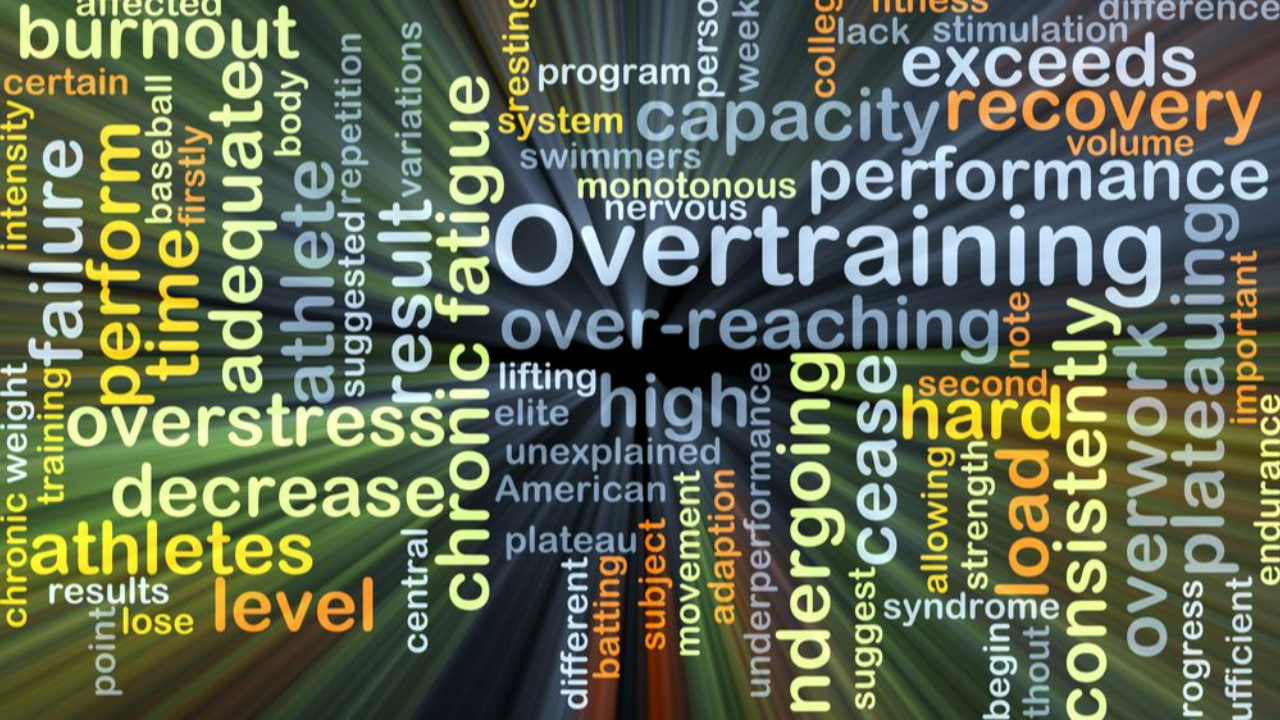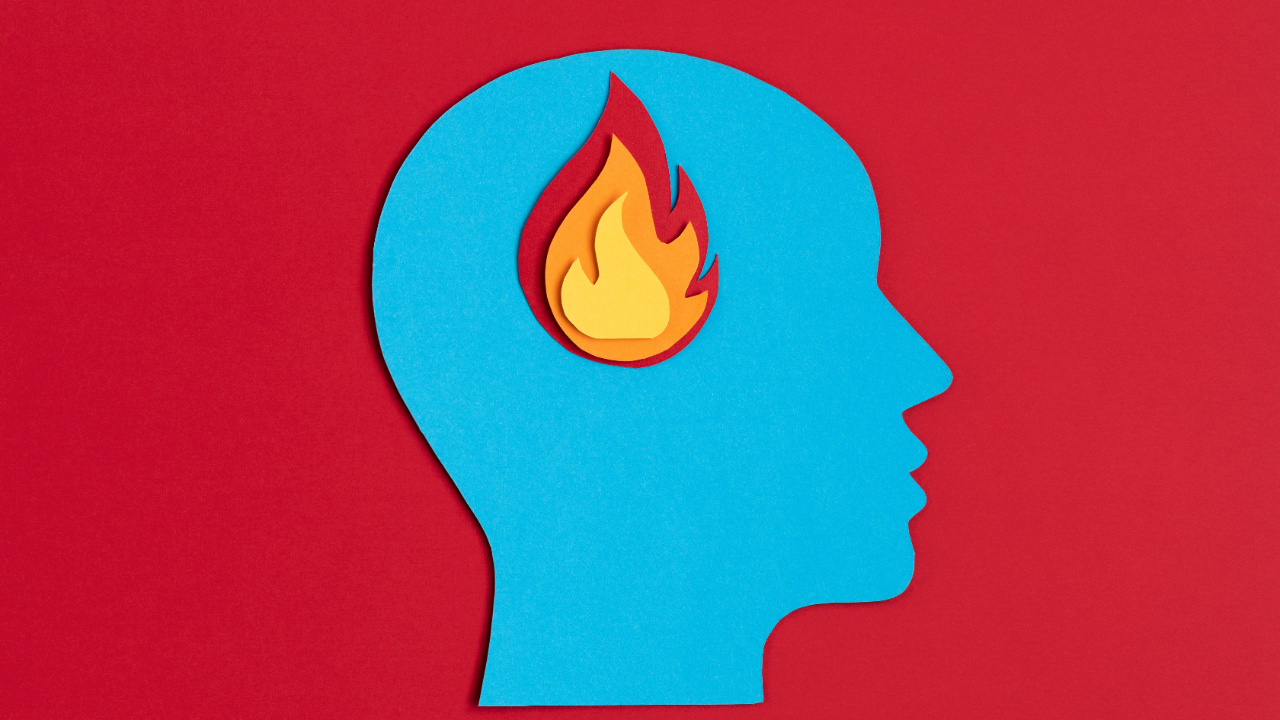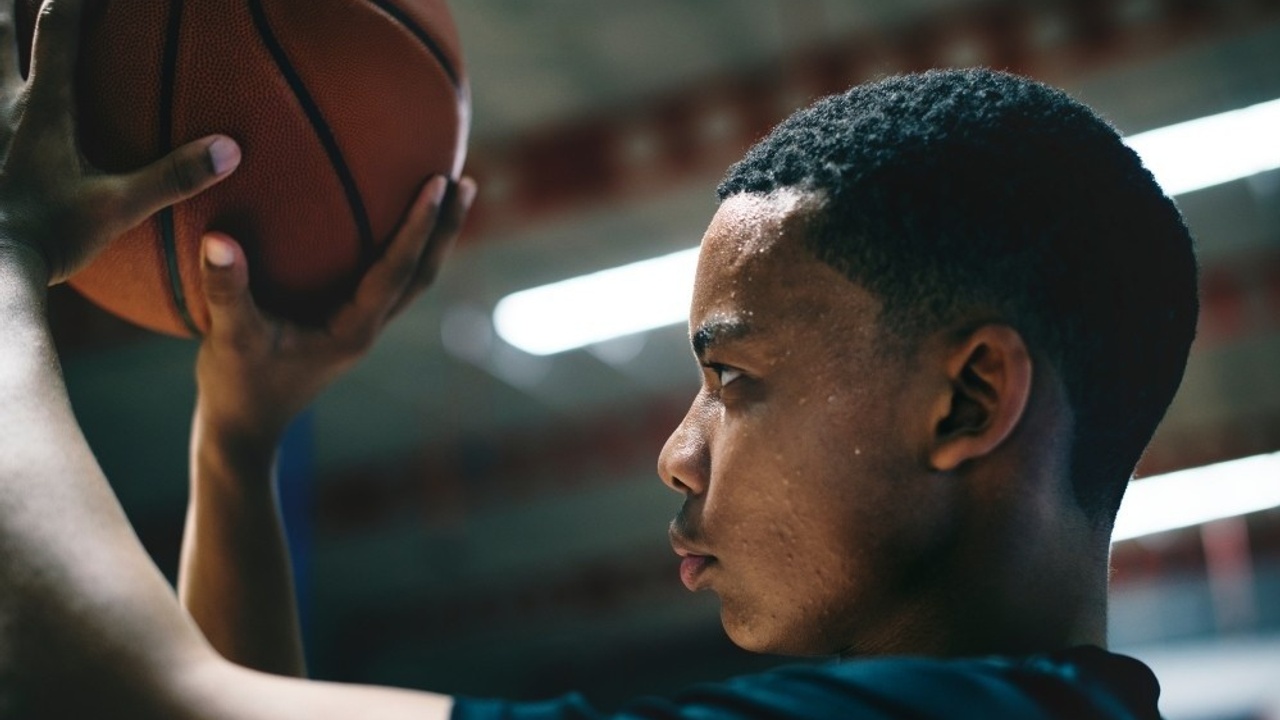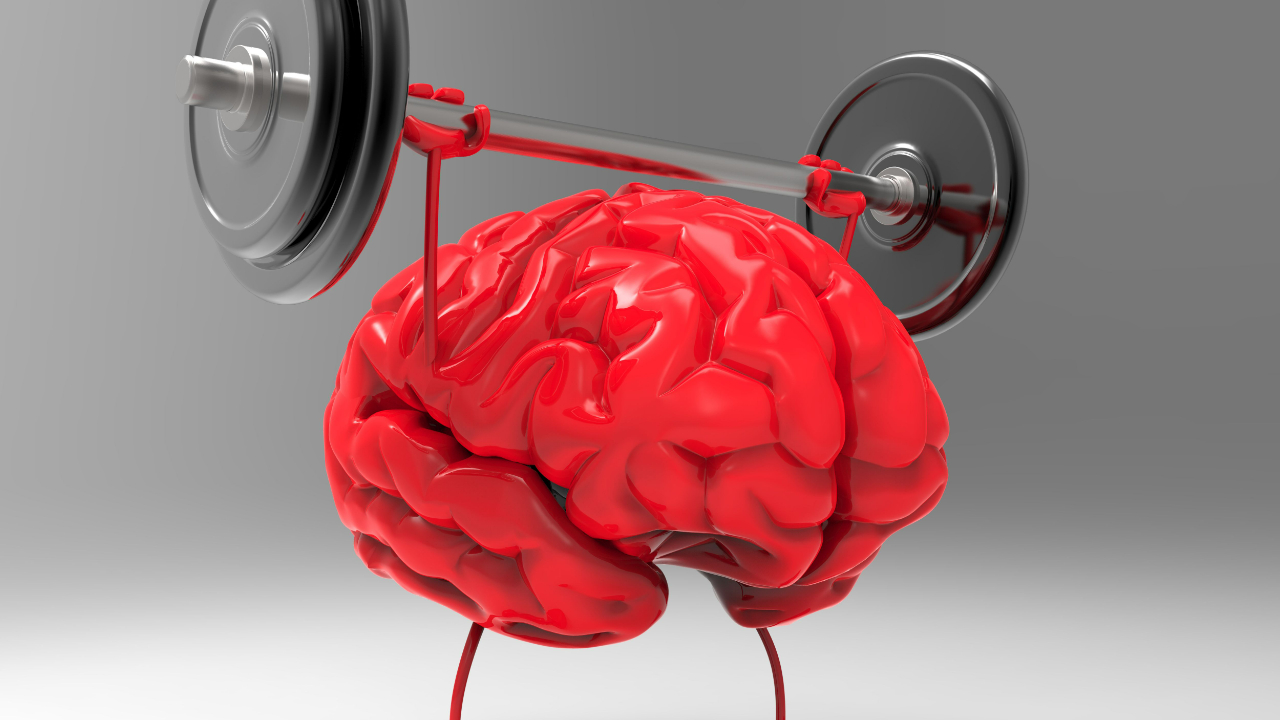Blog
The competition is over, and some athletes or teams are successful, but others still ruminate about the defeat and mistakes made. However, success in sports goes beyond losing and winning. Sometimes, the athlete and/or a team loses the contest, but the individual or the group may have performed succ...
In the pursuit of peak performance, it is crucial not to fall prey to unqualified individuals offering sports psychology services. Not all who claim expertise in this field possess the necessary credentials, experience, or professional training. Entrusting your mental game to unqualified practitione...
When there is a challenge (stressor), there is a response from the body to deal with the situation; we call it the stress response. SIMPLE! But sadly, society taught us to be afraid of being stressed; if we notice the physical signs of stress, we panic, intensifying the response.
In reality, we onl...
Athletes know that to be successful, they need good physical training, but it is only a tiny part of what is required to become a successful athlete. Unfortunately, many good athletes fail to continue a career in sports because they do not realize that they also need good mental preparation to accom...
Celebrating Athlete’s Treasure 5th Anniversary. It all began in 2014 when two wonderful coaches, Tita and Sandra, gave me the opportunity to share a few mental skills with their team and complete my first internship in Sport Psychology. Fast forward to April 2018, my husband supported me in my crazi...
Mindset is the established set of attitudes held by someone. Your mindset can help or diminish your performance during competitions.
Mental Skills is the set of learned skills that help athletes regulate thoughts, feelings, and actions during practices and competitions.
Mental Training is a se
...The “muscle-to-mind” and “mind-to-muscle” are stress management strategies that help athletes manage their activation levels and performance anxiety. Mind-to-muscle means that relaxation goes from the brain to muscle, and some examples are meditation, visualization, and autogenic training. Muscl
...Exercise at mild or moderate levels is beneficial to your physical and mental health. Unfortunately, all the benefits will not occur if the training load is increased beyond a certain point. Overreaching is good; athletes must stress the body above what is required for general fitness to maximiz
...Psychophysiology is the science that looks at the interactions between the bodily and mental processes in conjunction with the environment. For example, if you are undertrained, and you need to compete today under challenging conditions (long match and against a strong opponent), of course, you
...Performance Psychology is not the same as Clinical Sport Psychology; however, both are under the field of Sport, Performance, and Exercise Psychology. The performance psychology specialist (mental coach) addresses the main variables that influence athletic performance, and you will learn mental
...Let’s start with an example that happened during a bodyboarding competition in Portugal.
The event had a record number of participants in the men’s division. The competition schedule was tight, and all the athletes had to stay on the beach because the event would run until the last minute of da
...To be more successful at completing your goals, those goals must be connected to your values. Values are the principles or standards that you follow in your life. What do you value most? What are the personal qualities and character strengths you want to cultivate? Goals are something you want t
...Mental Training is the science of “Psychology” applied to enhance athletic performance. There are many factors influencing performance, and the mental performance professional will perform an investigation of what is hurting performance and teach psychological skills (mental skills) to change it
...



